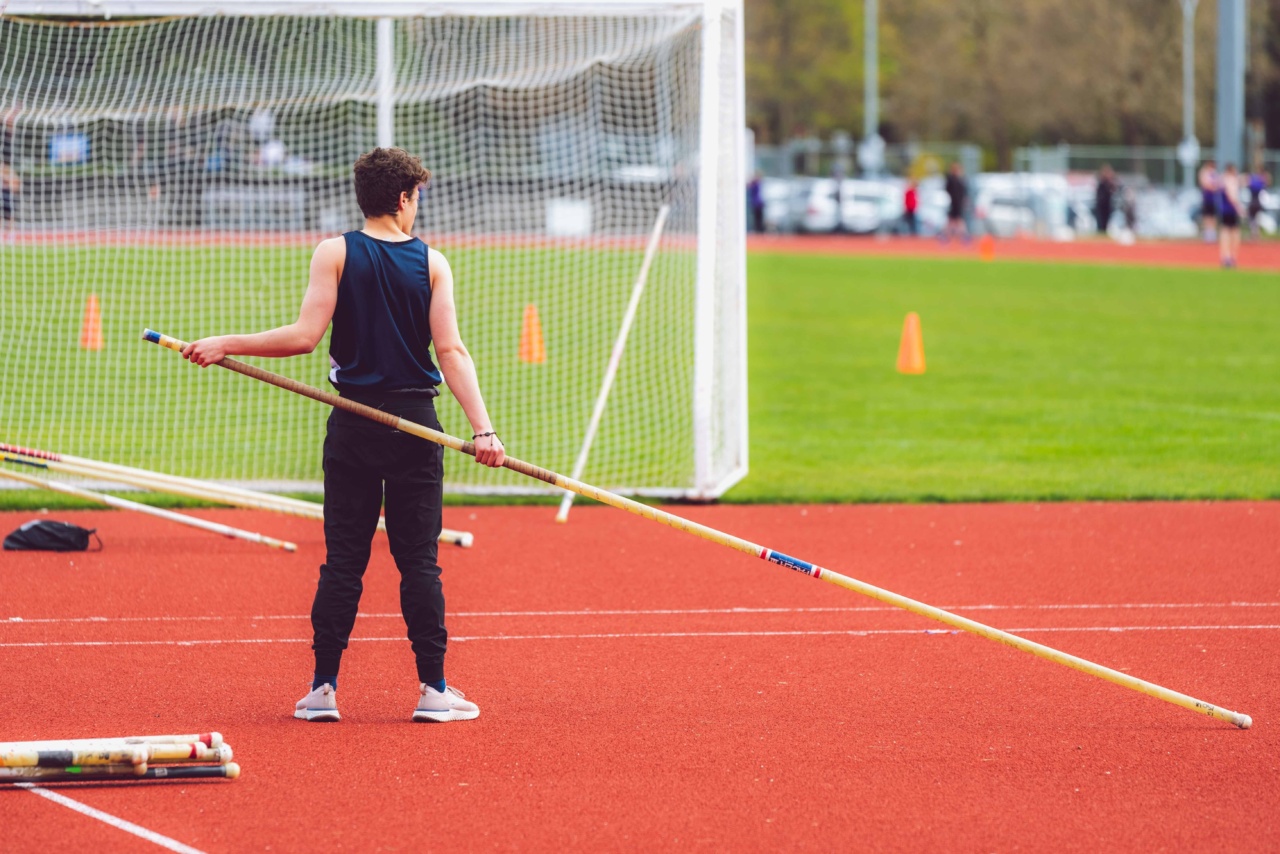Juniors athletes, also known as young athletes, are individuals who participate in sports at a young age, usually between the ages of 6 and 18.
Engaging in regular exercise plays a crucial role in the physical, mental, and emotional development of junior athletes. It not only improves their athletic performance but also enhances overall well-being. In this article, we will explore the numerous benefits of exercise for junior athletes and why it should be an integral part of their daily routine.
1. Physical Development and Strength
Regular exercise is pivotal for the physical development and strength of junior athletes. It helps them build strong muscles, improve coordination, and enhance cardiovascular health.
Engaging in sports and fitness activities like running, swimming, and playing team sports promotes motor skills, balance, and agility, enabling junior athletes to perform better in their respective sports.
2. Bone Health
Exercise plays a vital role in the development of healthy bones in junior athletes. Weight-bearing activities like jumping, running, and strength training promote bone density, reducing the risk of developing osteoporosis later in life.
Taking part in activities that put stress on the bones helps increase their strength and resilience.
3. Weight Management
Regular exercise contributes to weight management in junior athletes. It helps them maintain a healthy body weight by burning calories and increasing metabolism.
Physical activity assists in reducing body fat and building lean muscle mass, improving overall body composition. Additionally, exercise helps control appetite and promotes healthier eating habits.
4. Mental Health and Cognitive Function
Exercise has a positive impact on the mental health and cognitive function of junior athletes. Physical activity stimulates the release of endorphins, also known as “feel-good” hormones, which alleviate stress, anxiety, and depression.
Engaging in regular exercise enhances concentration, memory, and learning abilities, resulting in improved academic performance.
5. Discipline and Time Management
Participating in sports and regular exercise instills discipline and time management skills in junior athletes. It requires commitment, dedication, and adherence to a schedule.
Exercising regularly teaches them the importance of setting goals, prioritizing tasks, and managing their time effectively. These skills are transferable to various aspects of their lives, including academic pursuits.
6. Social Skills and Teamwork
Sports and exercise provide an excellent opportunity for junior athletes to develop social skills and teamwork. Participating in team sports cultivates cooperation, communication, and collaboration.
Junior athletes learn to work together towards a common goal, understand the importance of supporting their teammates, and develop strong interpersonal relationships.
7. Stress Relief and Emotional Well-being
Exercise serves as a natural stress reliever for junior athletes. Physical activity helps reduce anxiety and tension by releasing endorphins, which promote a sense of relaxation and happiness.
Regular exercise also aids in improving sleep quality, boosting self-esteem, and fostering emotional well-being.
8. Injury Prevention
Engaging in regular exercise and conditioning helps junior athletes prevent injuries. Strengthening exercises, flexibility training, and proper warm-up routines can minimize the risk of strains, sprains, and other common sports-related injuries.
It is essential to incorporate injury prevention techniques into the exercise routines of junior athletes to ensure their long-term athletic career.
9. Lifelong Healthy Habits
Encouraging junior athletes to engage in regular exercise promotes the development of lifelong healthy habits. By establishing a routine from a young age, they are more likely to continue being physically active as adults.
Regular exercise lowers the risk of chronic diseases such as obesity, heart disease, and diabetes, leading to improved overall health in the future.
10. Fun and Enjoyment
Above all, regular exercise allows junior athletes to have fun and enjoy the process of being active. Participating in sports and physical activities should bring joy and a sense of accomplishment.
By finding activities they genuinely enjoy, junior athletes are more likely to maintain an active lifestyle throughout their lives.































